Quick filters:
Aristides the just Stock Photos and Images
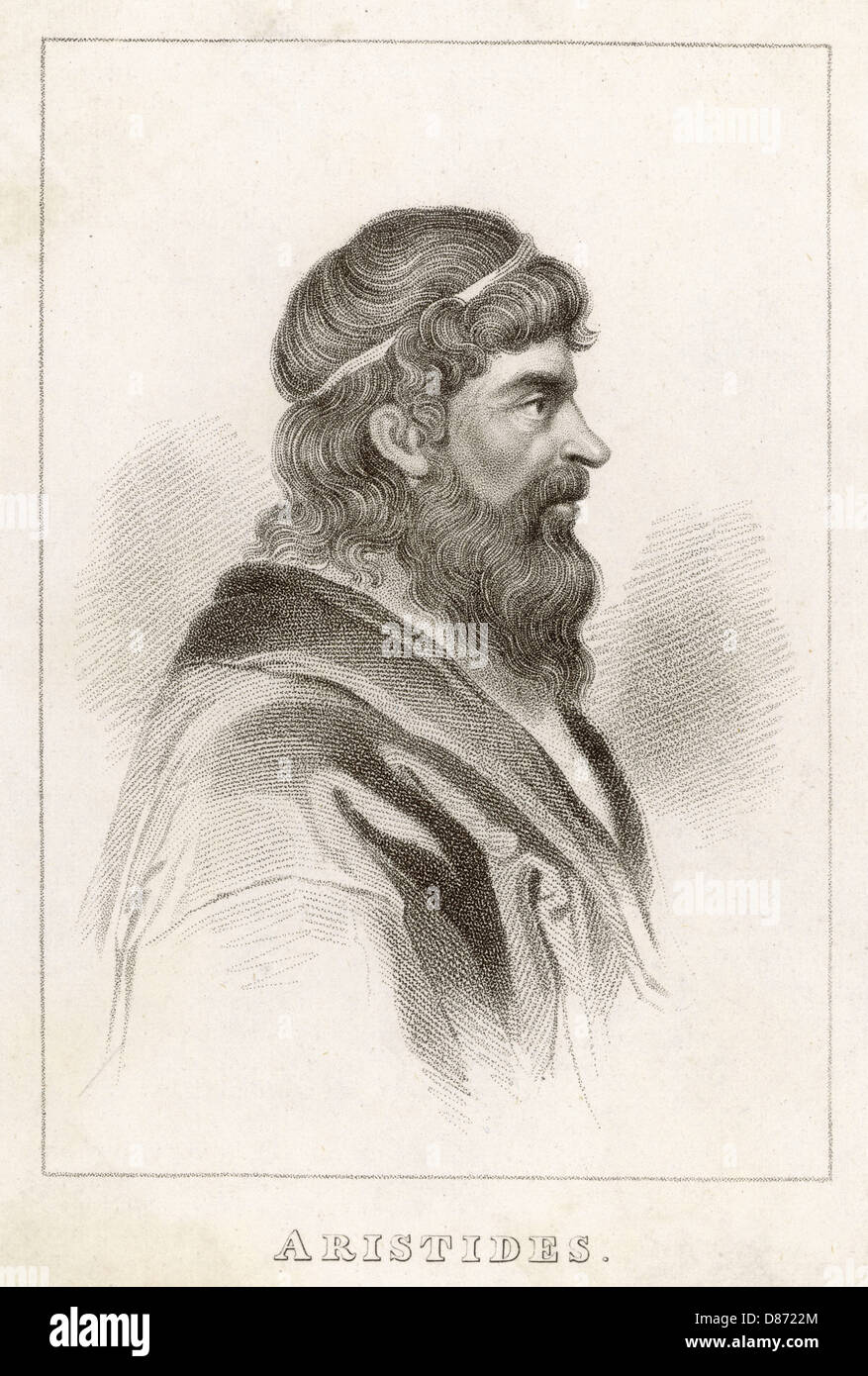 ARISTIDES THE JUST Stock Photohttps://www.alamy.com/image-license-details/?v=1https://www.alamy.com/stock-photo-aristides-the-just-56703660.html
ARISTIDES THE JUST Stock Photohttps://www.alamy.com/image-license-details/?v=1https://www.alamy.com/stock-photo-aristides-the-just-56703660.htmlRMD8722M–ARISTIDES THE JUST
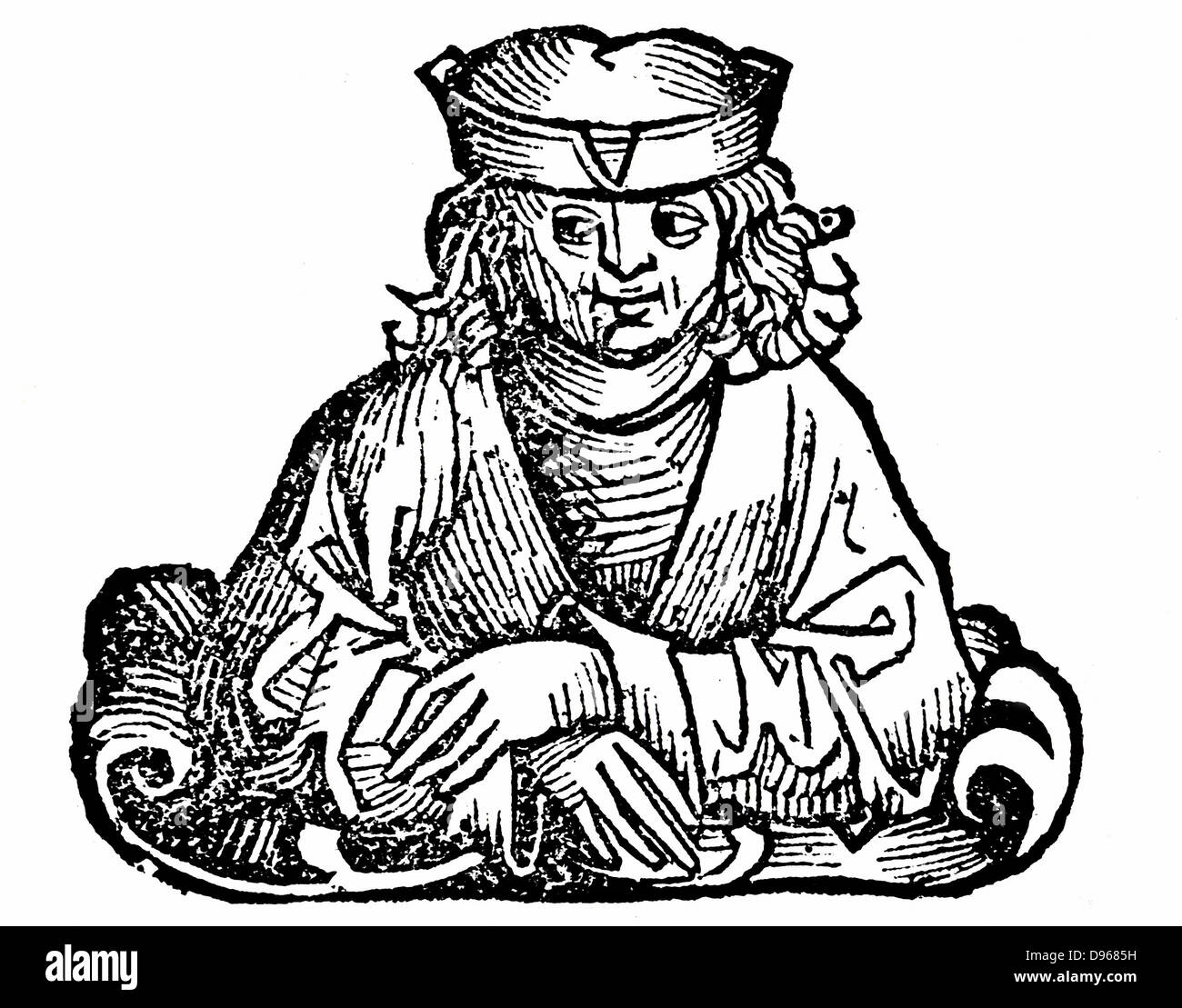 Aristides the Just (c530-c468 BC) Ancient Greek (Athenian) soldier and statesman. Woodcut from Hartmann Schedel 'Liber chronicarum mundi' (Nuremberg Chronicle) Nuremberg, 1493. Stock Photohttps://www.alamy.com/image-license-details/?v=1https://www.alamy.com/stock-photo-aristides-the-just-c530-c468-bc-ancient-greek-athenian-soldier-and-57301149.html
Aristides the Just (c530-c468 BC) Ancient Greek (Athenian) soldier and statesman. Woodcut from Hartmann Schedel 'Liber chronicarum mundi' (Nuremberg Chronicle) Nuremberg, 1493. Stock Photohttps://www.alamy.com/image-license-details/?v=1https://www.alamy.com/stock-photo-aristides-the-just-c530-c468-bc-ancient-greek-athenian-soldier-and-57301149.htmlRMD9685H–Aristides the Just (c530-c468 BC) Ancient Greek (Athenian) soldier and statesman. Woodcut from Hartmann Schedel 'Liber chronicarum mundi' (Nuremberg Chronicle) Nuremberg, 1493.
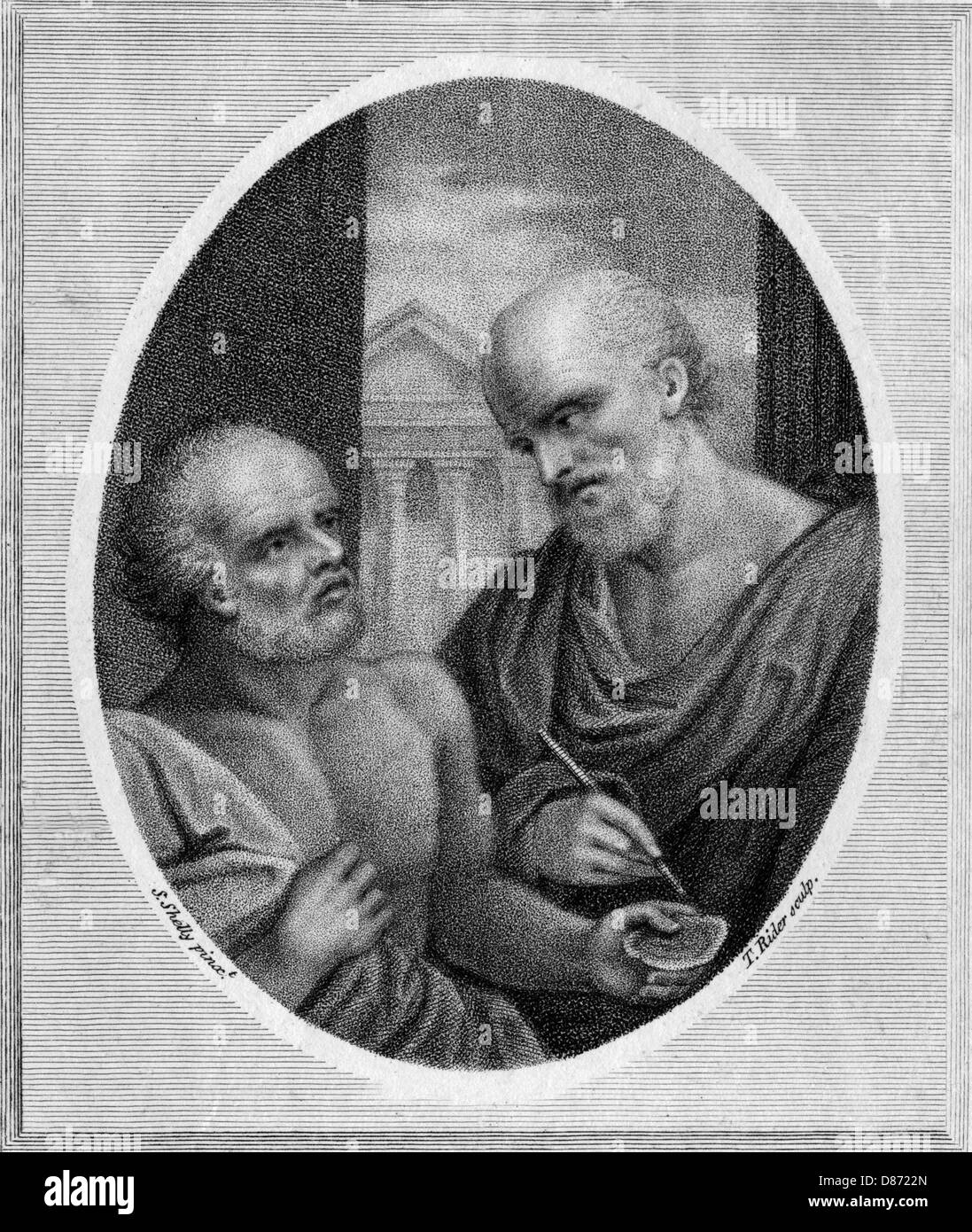 ARISTIDES THE JUST Stock Photohttps://www.alamy.com/image-license-details/?v=1https://www.alamy.com/stock-photo-aristides-the-just-56703661.html
ARISTIDES THE JUST Stock Photohttps://www.alamy.com/image-license-details/?v=1https://www.alamy.com/stock-photo-aristides-the-just-56703661.htmlRMD8722N–ARISTIDES THE JUST
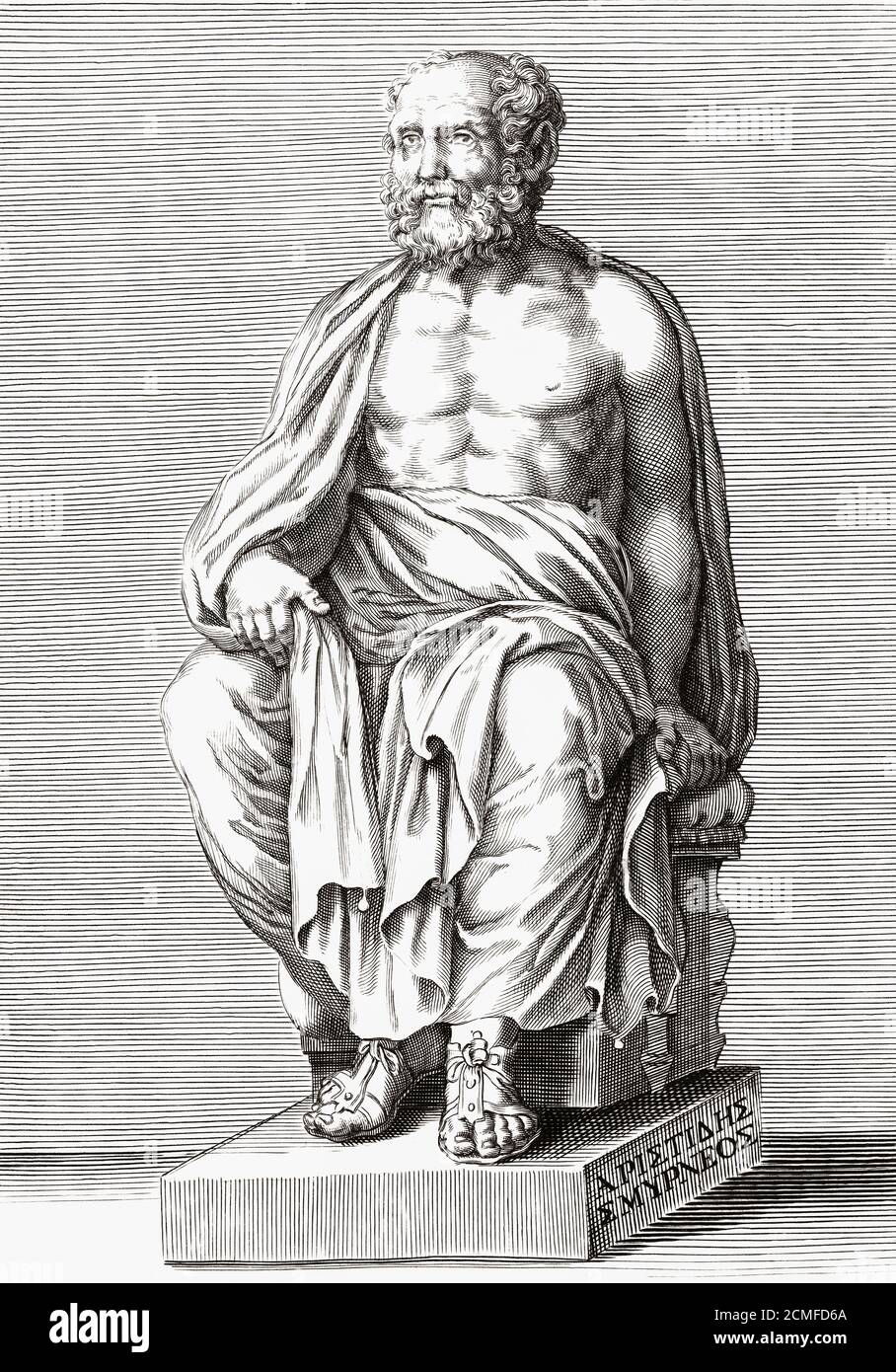 Aristides, 530 – 468 BC. Athenian statesman, nicknamed 'the Just'. After an early 19th century engraving by an unknown artist. Stock Photohttps://www.alamy.com/image-license-details/?v=1https://www.alamy.com/aristides-530-468-bc-athenian-statesman-nicknamed-the-just-after-an-early-19th-century-engraving-by-an-unknown-artist-image374050498.html
Aristides, 530 – 468 BC. Athenian statesman, nicknamed 'the Just'. After an early 19th century engraving by an unknown artist. Stock Photohttps://www.alamy.com/image-license-details/?v=1https://www.alamy.com/aristides-530-468-bc-athenian-statesman-nicknamed-the-just-after-an-early-19th-century-engraving-by-an-unknown-artist-image374050498.htmlRM2CMFD6A–Aristides, 530 – 468 BC. Athenian statesman, nicknamed 'the Just'. After an early 19th century engraving by an unknown artist.
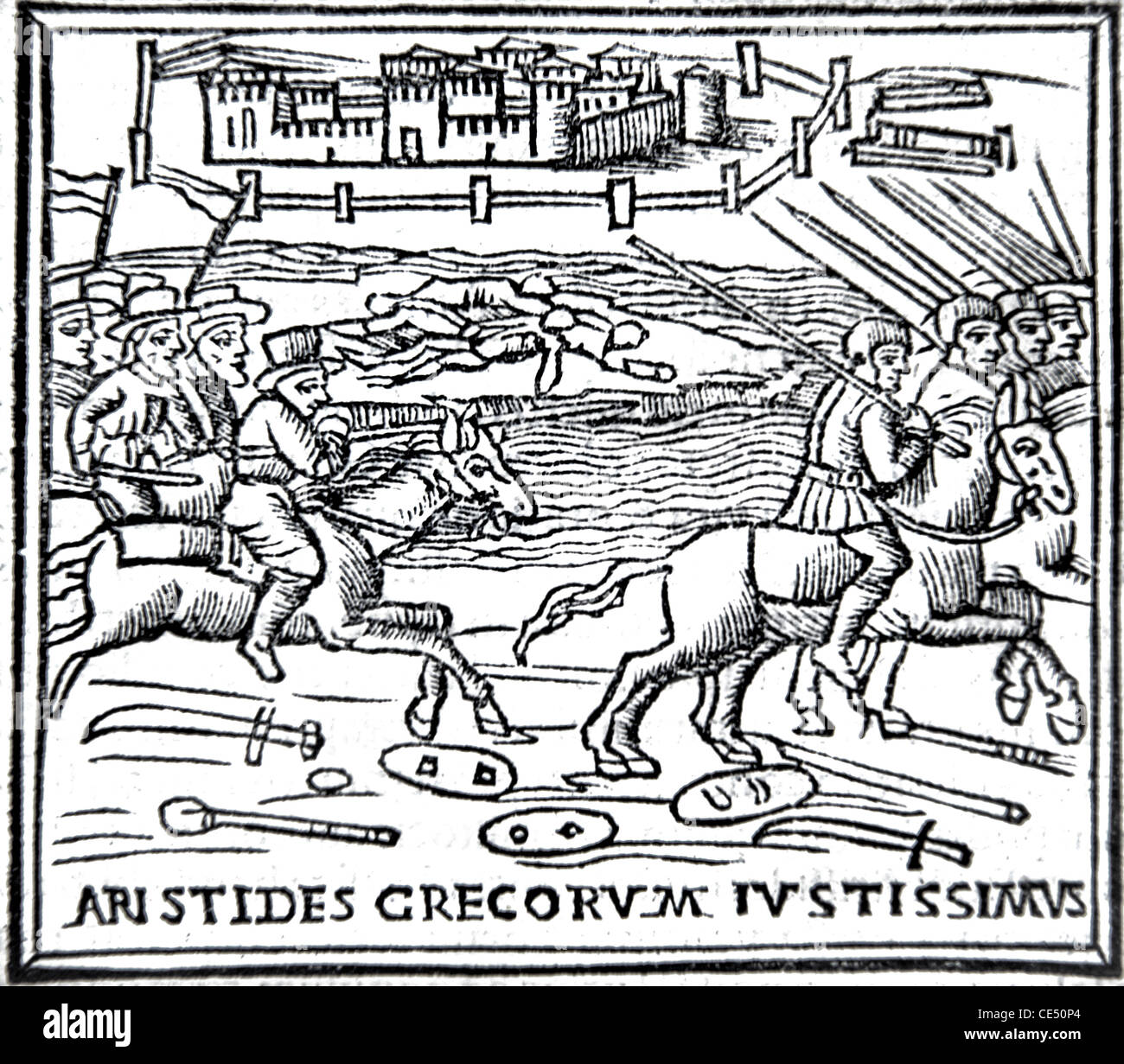 Aristides or Aristeides (c530-468BC) Athenian Statesman and General nicknamed the Just, c16th Wood Engraving Stock Photohttps://www.alamy.com/image-license-details/?v=1https://www.alamy.com/stock-photo-aristides-or-aristeides-c530-468bc-athenian-statesman-and-general-43136300.html
Aristides or Aristeides (c530-468BC) Athenian Statesman and General nicknamed the Just, c16th Wood Engraving Stock Photohttps://www.alamy.com/image-license-details/?v=1https://www.alamy.com/stock-photo-aristides-or-aristeides-c530-468bc-athenian-statesman-and-general-43136300.htmlRMCE50P4–Aristides or Aristeides (c530-468BC) Athenian Statesman and General nicknamed the Just, c16th Wood Engraving
 Aristides the Just (c530-c468 BC), Ancient Greek (Athenian) soldier and statesman, 1493. Artist: Unknown Stock Photohttps://www.alamy.com/image-license-details/?v=1https://www.alamy.com/aristides-the-just-c530-c468-bc-ancient-greek-athenian-soldier-and-statesman-1493-artist-unknown-image262737876.html
Aristides the Just (c530-c468 BC), Ancient Greek (Athenian) soldier and statesman, 1493. Artist: Unknown Stock Photohttps://www.alamy.com/image-license-details/?v=1https://www.alamy.com/aristides-the-just-c530-c468-bc-ancient-greek-athenian-soldier-and-statesman-1493-artist-unknown-image262737876.htmlRMW7CMRG–Aristides the Just (c530-c468 BC), Ancient Greek (Athenian) soldier and statesman, 1493. Artist: Unknown
 Aristides the Just (c530-c468 BC) Ancient Greek (Athenian) soldier and statesman 1493 Woodcut from Hartmann Schedel 'Liber chronicarum mundi' (Nuremberg Chronicle) Nuremberg Stock Photohttps://www.alamy.com/image-license-details/?v=1https://www.alamy.com/aristides-the-just-c530-c468-bc-ancient-greek-athenian-soldier-and-statesman-1493-woodcut-from-hartmann-schedel-liber-chronicarum-mundi-nuremberg-chronicle-nuremberg-image257298025.html
Aristides the Just (c530-c468 BC) Ancient Greek (Athenian) soldier and statesman 1493 Woodcut from Hartmann Schedel 'Liber chronicarum mundi' (Nuremberg Chronicle) Nuremberg Stock Photohttps://www.alamy.com/image-license-details/?v=1https://www.alamy.com/aristides-the-just-c530-c468-bc-ancient-greek-athenian-soldier-and-statesman-1493-woodcut-from-hartmann-schedel-liber-chronicarum-mundi-nuremberg-chronicle-nuremberg-image257298025.htmlRMTXGX75–Aristides the Just (c530-c468 BC) Ancient Greek (Athenian) soldier and statesman 1493 Woodcut from Hartmann Schedel 'Liber chronicarum mundi' (Nuremberg Chronicle) Nuremberg
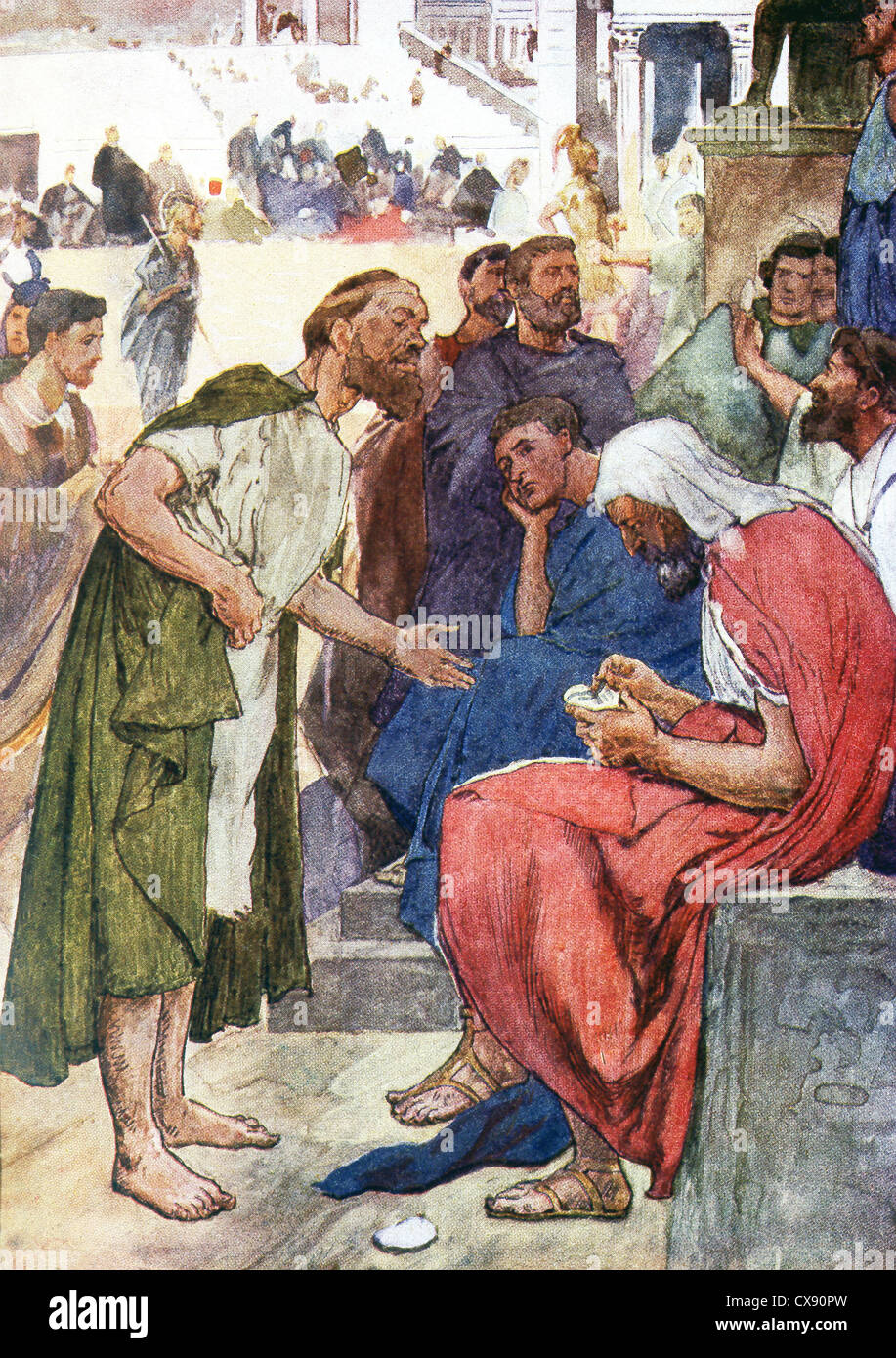 Wanting to vote, an illiterate citizen asks Aristides to write the name of the person he wanted ostracized on his ostracon. Stock Photohttps://www.alamy.com/image-license-details/?v=1https://www.alamy.com/stock-photo-wanting-to-vote-an-illiterate-citizen-asks-aristides-to-write-the-50600001.html
Wanting to vote, an illiterate citizen asks Aristides to write the name of the person he wanted ostracized on his ostracon. Stock Photohttps://www.alamy.com/image-license-details/?v=1https://www.alamy.com/stock-photo-wanting-to-vote-an-illiterate-citizen-asks-aristides-to-write-the-50600001.htmlRFCX90PW–Wanting to vote, an illiterate citizen asks Aristides to write the name of the person he wanted ostracized on his ostracon.
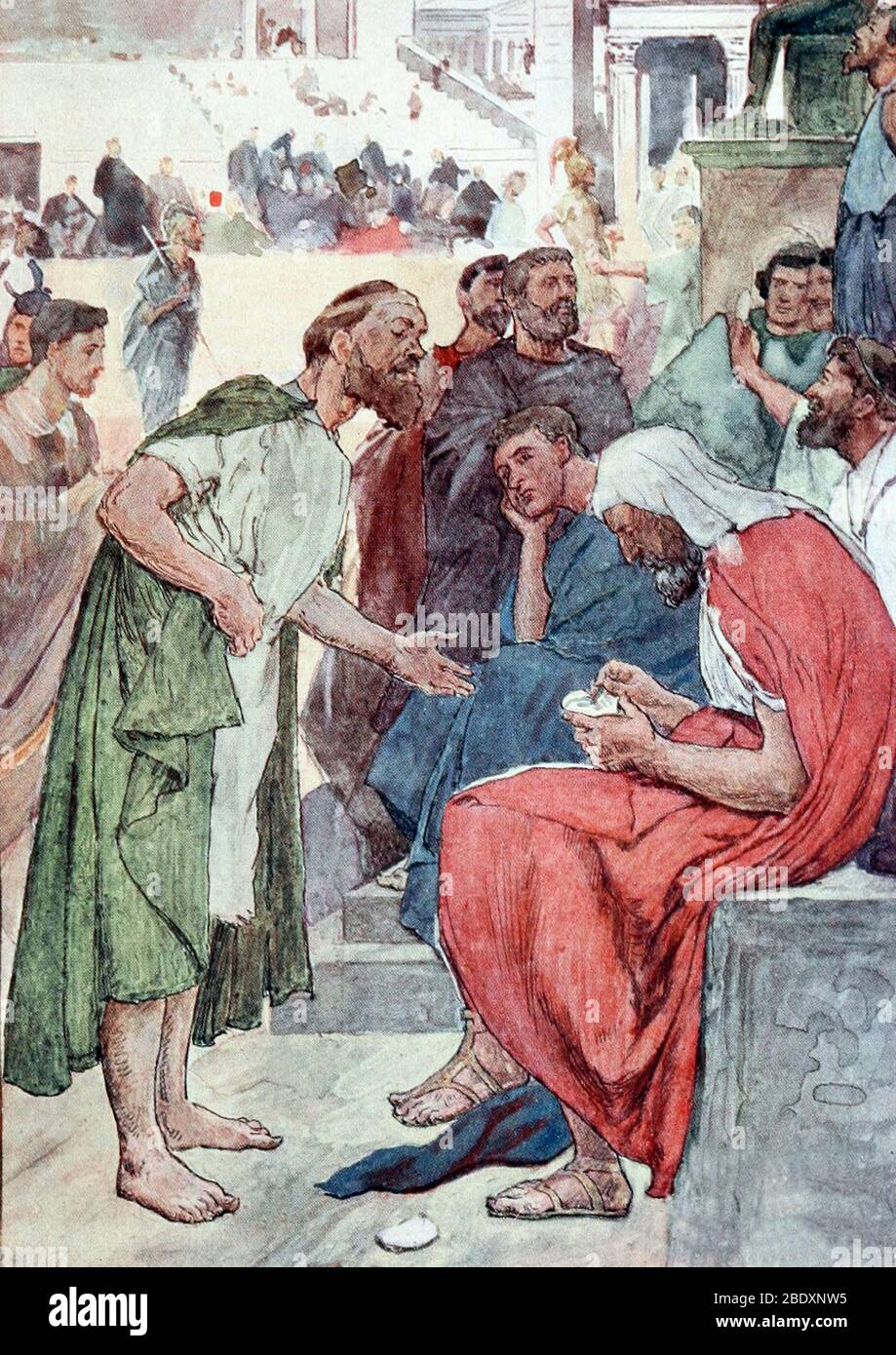 Aristides, Athenian Statesman Stock Photohttps://www.alamy.com/image-license-details/?v=1https://www.alamy.com/aristides-athenian-statesman-image352785809.html
Aristides, Athenian Statesman Stock Photohttps://www.alamy.com/image-license-details/?v=1https://www.alamy.com/aristides-athenian-statesman-image352785809.htmlRF2BDXNW5–Aristides, Athenian Statesman
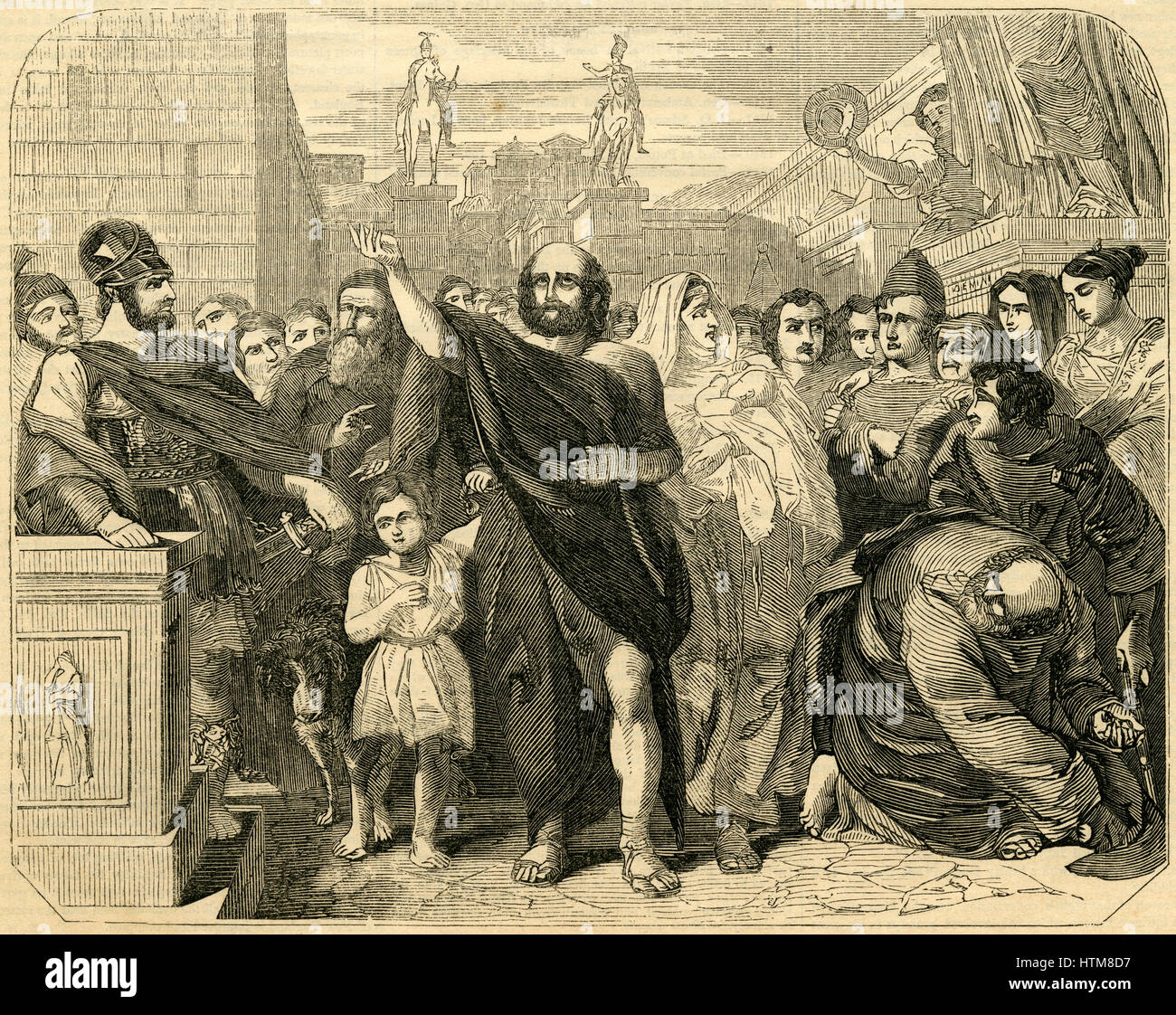 Antique 1854 engraving, 'The Banishment of Aristides.' Aristides (530 BC-468 BC) was an ancient Athenian statesman. Nicknamed 'the Just', he flourished in the early quarter of Athens' Classical period and is remembered for his generalship in the Persian War. The ancient historian Herodotus cited him as 'the best and most honourable man in Athens', and he received similarly reverent treatment in Plato's Socratic dialogues. SOURCE: ORIGINAL ENGRAVING. Stock Photohttps://www.alamy.com/image-license-details/?v=1https://www.alamy.com/stock-photo-antique-1854-engraving-the-banishment-of-aristides-aristides-530-bc-135670003.html
Antique 1854 engraving, 'The Banishment of Aristides.' Aristides (530 BC-468 BC) was an ancient Athenian statesman. Nicknamed 'the Just', he flourished in the early quarter of Athens' Classical period and is remembered for his generalship in the Persian War. The ancient historian Herodotus cited him as 'the best and most honourable man in Athens', and he received similarly reverent treatment in Plato's Socratic dialogues. SOURCE: ORIGINAL ENGRAVING. Stock Photohttps://www.alamy.com/image-license-details/?v=1https://www.alamy.com/stock-photo-antique-1854-engraving-the-banishment-of-aristides-aristides-530-bc-135670003.htmlRMHTM8D7–Antique 1854 engraving, 'The Banishment of Aristides.' Aristides (530 BC-468 BC) was an ancient Athenian statesman. Nicknamed 'the Just', he flourished in the early quarter of Athens' Classical period and is remembered for his generalship in the Persian War. The ancient historian Herodotus cited him as 'the best and most honourable man in Athens', and he received similarly reverent treatment in Plato's Socratic dialogues. SOURCE: ORIGINAL ENGRAVING.
 Aristides (530–468 BC) was an ancient Athenian statesman. Nicknamed 'the Just', he flourished in the early quarter of Athens' Classical period and is remembered for his generalship in the Persian War. The ancient historian Herodotus cited him as 'the best and most honourable man in Athens', and he received similarly reverent treatment in Plato's Socratic dialogues. Copperplate engraving From the Encyclopaedia Londinensis or, Universal dictionary of arts, sciences, and literature; Volume VIII; Edited by Wilkes, John. Published in London in 1810. Stock Photohttps://www.alamy.com/image-license-details/?v=1https://www.alamy.com/aristides-530468-bc-was-an-ancient-athenian-statesman-nicknamed-the-just-he-flourished-in-the-early-quarter-of-athens-classical-period-and-is-remembered-for-his-generalship-in-the-persian-war-the-ancient-historian-herodotus-cited-him-as-the-best-and-most-honourable-man-in-athens-and-he-received-similarly-reverent-treatment-in-platos-socratic-dialogues-copperplate-engraving-from-the-encyclopaedia-londinensis-or-universal-dictionary-of-arts-sciences-and-literature-volume-viii-edited-by-wilkes-john-published-in-london-in-1810-image434745840.html
Aristides (530–468 BC) was an ancient Athenian statesman. Nicknamed 'the Just', he flourished in the early quarter of Athens' Classical period and is remembered for his generalship in the Persian War. The ancient historian Herodotus cited him as 'the best and most honourable man in Athens', and he received similarly reverent treatment in Plato's Socratic dialogues. Copperplate engraving From the Encyclopaedia Londinensis or, Universal dictionary of arts, sciences, and literature; Volume VIII; Edited by Wilkes, John. Published in London in 1810. Stock Photohttps://www.alamy.com/image-license-details/?v=1https://www.alamy.com/aristides-530468-bc-was-an-ancient-athenian-statesman-nicknamed-the-just-he-flourished-in-the-early-quarter-of-athens-classical-period-and-is-remembered-for-his-generalship-in-the-persian-war-the-ancient-historian-herodotus-cited-him-as-the-best-and-most-honourable-man-in-athens-and-he-received-similarly-reverent-treatment-in-platos-socratic-dialogues-copperplate-engraving-from-the-encyclopaedia-londinensis-or-universal-dictionary-of-arts-sciences-and-literature-volume-viii-edited-by-wilkes-john-published-in-london-in-1810-image434745840.htmlRM2G78AN4–Aristides (530–468 BC) was an ancient Athenian statesman. Nicknamed 'the Just', he flourished in the early quarter of Athens' Classical period and is remembered for his generalship in the Persian War. The ancient historian Herodotus cited him as 'the best and most honourable man in Athens', and he received similarly reverent treatment in Plato's Socratic dialogues. Copperplate engraving From the Encyclopaedia Londinensis or, Universal dictionary of arts, sciences, and literature; Volume VIII; Edited by Wilkes, John. Published in London in 1810.
![Wonders why certain men like Mr. Cunningham deserve having wives. Transcription: He [Mr. Cunningham] upholds slavery, and abuses [Lajos] Kossuth. Just on the principle that most do ? hating to hear Aristides continually called the Just. Such [words crossed out] men as Kossuth [words crossed out] are continual rebukes to dirty little souls; ? it reminds them of their own insignificance. / Yet his wife loves the man, has nursed him through long sickness, and puts by [word crossed out] notable dinners for him. What the devil right have they to wives, who can ?t begin to know what a woman is wo Stock Photo Wonders why certain men like Mr. Cunningham deserve having wives. Transcription: He [Mr. Cunningham] upholds slavery, and abuses [Lajos] Kossuth. Just on the principle that most do ? hating to hear Aristides continually called the Just. Such [words crossed out] men as Kossuth [words crossed out] are continual rebukes to dirty little souls; ? it reminds them of their own insignificance. / Yet his wife loves the man, has nursed him through long sickness, and puts by [word crossed out] notable dinners for him. What the devil right have they to wives, who can ?t begin to know what a woman is wo Stock Photo](https://c8.alamy.com/comp/MAKNPM/wonders-why-certain-men-like-mr-cunningham-deserve-having-wives-transcription-he-mr-cunningham-upholds-slavery-and-abuses-lajos-kossuth-just-on-the-principle-that-most-do-hating-to-hear-aristides-continually-called-the-just-such-words-crossed-out-men-as-kossuth-words-crossed-out-are-continual-rebukes-to-dirty-little-souls-it-reminds-them-of-their-own-insignificance-yet-his-wife-loves-the-man-has-nursed-him-through-long-sickness-and-puts-by-word-crossed-out-notable-dinners-for-him-what-the-devil-right-have-they-to-wives-who-can-t-begin-to-know-what-a-woman-is-wo-MAKNPM.jpg) Wonders why certain men like Mr. Cunningham deserve having wives. Transcription: He [Mr. Cunningham] upholds slavery, and abuses [Lajos] Kossuth. Just on the principle that most do ? hating to hear Aristides continually called the Just. Such [words crossed out] men as Kossuth [words crossed out] are continual rebukes to dirty little souls; ? it reminds them of their own insignificance. / Yet his wife loves the man, has nursed him through long sickness, and puts by [word crossed out] notable dinners for him. What the devil right have they to wives, who can ?t begin to know what a woman is wo Stock Photohttps://www.alamy.com/image-license-details/?v=1https://www.alamy.com/wonders-why-certain-men-like-mr-cunningham-deserve-having-wives-transcription-he-mr-cunningham-upholds-slavery-and-abuses-lajos-kossuth-just-on-the-principle-that-most-do-hating-to-hear-aristides-continually-called-the-just-such-words-crossed-out-men-as-kossuth-words-crossed-out-are-continual-rebukes-to-dirty-little-souls-it-reminds-them-of-their-own-insignificance-yet-his-wife-loves-the-man-has-nursed-him-through-long-sickness-and-puts-by-word-crossed-out-notable-dinners-for-him-what-the-devil-right-have-they-to-wives-who-can-t-begin-to-know-what-a-woman-is-wo-image178684428.html
Wonders why certain men like Mr. Cunningham deserve having wives. Transcription: He [Mr. Cunningham] upholds slavery, and abuses [Lajos] Kossuth. Just on the principle that most do ? hating to hear Aristides continually called the Just. Such [words crossed out] men as Kossuth [words crossed out] are continual rebukes to dirty little souls; ? it reminds them of their own insignificance. / Yet his wife loves the man, has nursed him through long sickness, and puts by [word crossed out] notable dinners for him. What the devil right have they to wives, who can ?t begin to know what a woman is wo Stock Photohttps://www.alamy.com/image-license-details/?v=1https://www.alamy.com/wonders-why-certain-men-like-mr-cunningham-deserve-having-wives-transcription-he-mr-cunningham-upholds-slavery-and-abuses-lajos-kossuth-just-on-the-principle-that-most-do-hating-to-hear-aristides-continually-called-the-just-such-words-crossed-out-men-as-kossuth-words-crossed-out-are-continual-rebukes-to-dirty-little-souls-it-reminds-them-of-their-own-insignificance-yet-his-wife-loves-the-man-has-nursed-him-through-long-sickness-and-puts-by-word-crossed-out-notable-dinners-for-him-what-the-devil-right-have-they-to-wives-who-can-t-begin-to-know-what-a-woman-is-wo-image178684428.htmlRMMAKNPM–Wonders why certain men like Mr. Cunningham deserve having wives. Transcription: He [Mr. Cunningham] upholds slavery, and abuses [Lajos] Kossuth. Just on the principle that most do ? hating to hear Aristides continually called the Just. Such [words crossed out] men as Kossuth [words crossed out] are continual rebukes to dirty little souls; ? it reminds them of their own insignificance. / Yet his wife loves the man, has nursed him through long sickness, and puts by [word crossed out] notable dinners for him. What the devil right have they to wives, who can ?t begin to know what a woman is wo
 Aristides and the peasant, Ernest Hillemacher Stock Photohttps://www.alamy.com/image-license-details/?v=1https://www.alamy.com/aristides-and-the-peasant-ernest-hillemacher-image418546870.html
Aristides and the peasant, Ernest Hillemacher Stock Photohttps://www.alamy.com/image-license-details/?v=1https://www.alamy.com/aristides-and-the-peasant-ernest-hillemacher-image418546870.htmlRM2F8XCPE–Aristides and the peasant, Ernest Hillemacher
 Edelfelt, Albert, work, 'Sandels hän Partalass' eineeläne just sits, worried about eating', 1897 - 1900, marker and white masking color on paper, first class : drawing, 38 cm x 22.6 cm, Albert Gustaf Aristides Edelfelt 1854 – 1905, Finnish painter. Painting in a naturalistic style and with a Realist approach to art. Living in Finland Stock Photohttps://www.alamy.com/image-license-details/?v=1https://www.alamy.com/edelfelt-albert-work-sandels-hn-partalass-eineelne-just-sits-worried-about-eating-1897-1900-marker-and-white-masking-color-on-paper-first-class-drawing-38-cm-x-226-cm-albert-gustaf-aristides-edelfelt-1854-1905-finnish-painter-painting-in-a-naturalistic-style-and-with-a-realist-approach-to-art-living-in-finland-image631140451.html
Edelfelt, Albert, work, 'Sandels hän Partalass' eineeläne just sits, worried about eating', 1897 - 1900, marker and white masking color on paper, first class : drawing, 38 cm x 22.6 cm, Albert Gustaf Aristides Edelfelt 1854 – 1905, Finnish painter. Painting in a naturalistic style and with a Realist approach to art. Living in Finland Stock Photohttps://www.alamy.com/image-license-details/?v=1https://www.alamy.com/edelfelt-albert-work-sandels-hn-partalass-eineelne-just-sits-worried-about-eating-1897-1900-marker-and-white-masking-color-on-paper-first-class-drawing-38-cm-x-226-cm-albert-gustaf-aristides-edelfelt-1854-1905-finnish-painter-painting-in-a-naturalistic-style-and-with-a-realist-approach-to-art-living-in-finland-image631140451.htmlRM2YJPX2B–Edelfelt, Albert, work, 'Sandels hän Partalass' eineeläne just sits, worried about eating', 1897 - 1900, marker and white masking color on paper, first class : drawing, 38 cm x 22.6 cm, Albert Gustaf Aristides Edelfelt 1854 – 1905, Finnish painter. Painting in a naturalistic style and with a Realist approach to art. Living in Finland
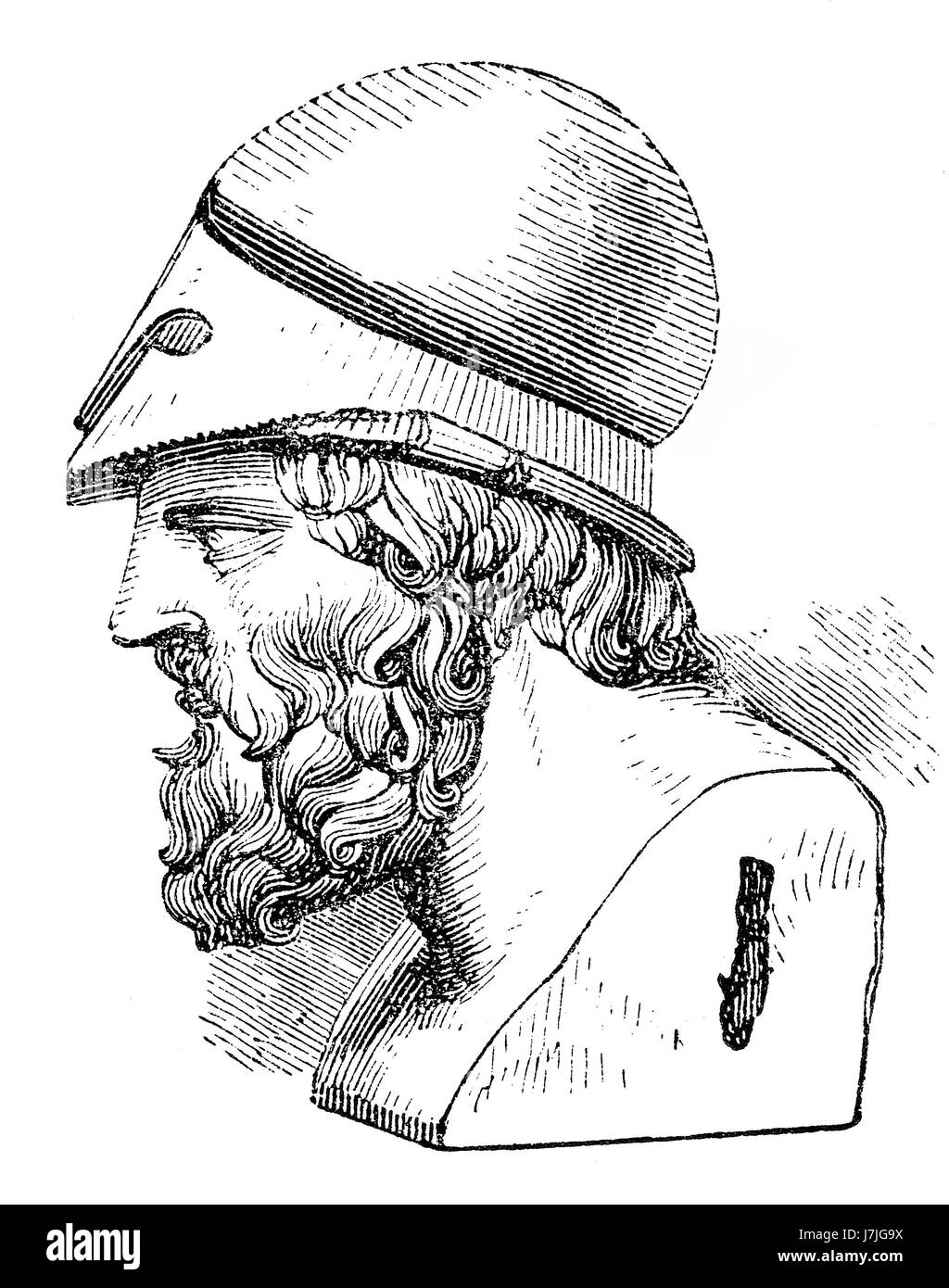 Aristides, 530-468 BC, an ancient Athenian statesman Stock Photohttps://www.alamy.com/image-license-details/?v=1https://www.alamy.com/stock-photo-aristides-530-468-bc-an-ancient-athenian-statesman-142393494.html
Aristides, 530-468 BC, an ancient Athenian statesman Stock Photohttps://www.alamy.com/image-license-details/?v=1https://www.alamy.com/stock-photo-aristides-530-468-bc-an-ancient-athenian-statesman-142393494.htmlRMJ7JG9X–Aristides, 530-468 BC, an ancient Athenian statesman
 Presidents, soldiers, statesmen..with a prefix giving a compendium of the history of the United States and history of the Declaration of independence . ^m^fUx-. c/fl< jA^t—. 200 PRESIDENTS. SOLDIERS, STATESMEN. The duties of this office he discharged in Hopewell township for murethan a decade of years, so wisely and so fairly, that the distinction whichhas descended to us as the appellation of Aristides, was voluntarilybestowed upon him by all who had occasion to avail themselves of hi3services. Just and honest, therefore, in the time tl*at tried mens souls hewas naturally confided in by hi Stock Photohttps://www.alamy.com/image-license-details/?v=1https://www.alamy.com/presidents-soldiers-statesmenwith-a-prefix-giving-a-compendium-of-the-history-of-the-united-states-and-history-of-the-declaration-of-independence-mfux-cfllt-jat-200-presidents-soldiers-statesmen-the-duties-of-this-office-he-discharged-in-hopewell-township-for-murethan-a-decade-of-years-so-wisely-and-so-fairly-that-the-distinction-whichhas-descended-to-us-as-the-appellation-of-aristides-was-voluntarilybestowed-upon-him-by-all-who-had-occasion-to-avail-themselves-of-hi3services-just-and-honest-therefore-in-the-time-tlat-tried-mens-souls-hewas-naturally-confided-in-by-hi-image342656369.html
Presidents, soldiers, statesmen..with a prefix giving a compendium of the history of the United States and history of the Declaration of independence . ^m^fUx-. c/fl< jA^t—. 200 PRESIDENTS. SOLDIERS, STATESMEN. The duties of this office he discharged in Hopewell township for murethan a decade of years, so wisely and so fairly, that the distinction whichhas descended to us as the appellation of Aristides, was voluntarilybestowed upon him by all who had occasion to avail themselves of hi3services. Just and honest, therefore, in the time tl*at tried mens souls hewas naturally confided in by hi Stock Photohttps://www.alamy.com/image-license-details/?v=1https://www.alamy.com/presidents-soldiers-statesmenwith-a-prefix-giving-a-compendium-of-the-history-of-the-united-states-and-history-of-the-declaration-of-independence-mfux-cfllt-jat-200-presidents-soldiers-statesmen-the-duties-of-this-office-he-discharged-in-hopewell-township-for-murethan-a-decade-of-years-so-wisely-and-so-fairly-that-the-distinction-whichhas-descended-to-us-as-the-appellation-of-aristides-was-voluntarilybestowed-upon-him-by-all-who-had-occasion-to-avail-themselves-of-hi3services-just-and-honest-therefore-in-the-time-tlat-tried-mens-souls-hewas-naturally-confided-in-by-hi-image342656369.htmlRM2AWD9KD–Presidents, soldiers, statesmen..with a prefix giving a compendium of the history of the United States and history of the Declaration of independence . ^m^fUx-. c/fl< jA^t—. 200 PRESIDENTS. SOLDIERS, STATESMEN. The duties of this office he discharged in Hopewell township for murethan a decade of years, so wisely and so fairly, that the distinction whichhas descended to us as the appellation of Aristides, was voluntarilybestowed upon him by all who had occasion to avail themselves of hi3services. Just and honest, therefore, in the time tl*at tried mens souls hewas naturally confided in by hi
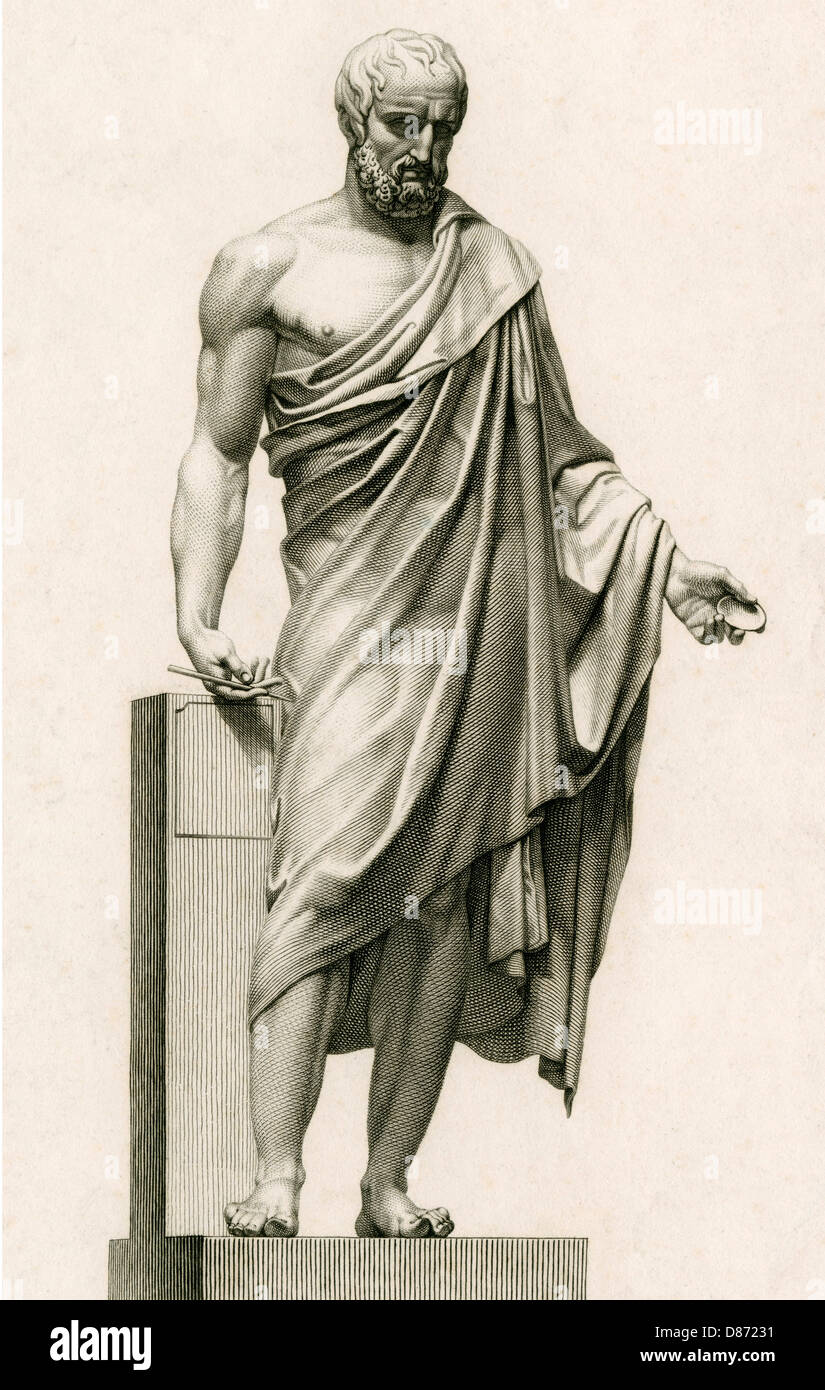 Aristides The Just Stock Photohttps://www.alamy.com/image-license-details/?v=1https://www.alamy.com/stock-photo-aristides-the-just-56703669.html
Aristides The Just Stock Photohttps://www.alamy.com/image-license-details/?v=1https://www.alamy.com/stock-photo-aristides-the-just-56703669.htmlRMD87231–Aristides The Just
 The Banishment of Aristides. After a 19th century engraving by Frederick Smythe from a painting by British artist Benjamin Robert Haydon. The Athenian statesman Aristides, 530 BC - 468 BC was ostracized (ie expelled) from Athens by political enemies circa 482 BC, but returned to the city two years later. Stock Photohttps://www.alamy.com/image-license-details/?v=1https://www.alamy.com/the-banishment-of-aristides-after-a-19th-century-engraving-by-frederick-smythe-from-a-painting-by-british-artist-benjamin-robert-haydon-the-athenian-statesman-aristides-530-bc-468-bc-was-ostracized-ie-expelled-from-athens-by-political-enemies-circa-482-bc-but-returned-to-the-city-two-years-later-image374050626.html
The Banishment of Aristides. After a 19th century engraving by Frederick Smythe from a painting by British artist Benjamin Robert Haydon. The Athenian statesman Aristides, 530 BC - 468 BC was ostracized (ie expelled) from Athens by political enemies circa 482 BC, but returned to the city two years later. Stock Photohttps://www.alamy.com/image-license-details/?v=1https://www.alamy.com/the-banishment-of-aristides-after-a-19th-century-engraving-by-frederick-smythe-from-a-painting-by-british-artist-benjamin-robert-haydon-the-athenian-statesman-aristides-530-bc-468-bc-was-ostracized-ie-expelled-from-athens-by-political-enemies-circa-482-bc-but-returned-to-the-city-two-years-later-image374050626.htmlRM2CMFDAX–The Banishment of Aristides. After a 19th century engraving by Frederick Smythe from a painting by British artist Benjamin Robert Haydon. The Athenian statesman Aristides, 530 BC - 468 BC was ostracized (ie expelled) from Athens by political enemies circa 482 BC, but returned to the city two years later.
 Aristides, 530 – 468 BC. Athenian statesman, nicknamed 'the Just'. Engraved by J W Cook Stock Photohttps://www.alamy.com/image-license-details/?v=1https://www.alamy.com/aristides-530-468-bc-athenian-statesman-nicknamed-the-just-engraved-image6094088.html
Aristides, 530 – 468 BC. Athenian statesman, nicknamed 'the Just'. Engraved by J W Cook Stock Photohttps://www.alamy.com/image-license-details/?v=1https://www.alamy.com/aristides-530-468-bc-athenian-statesman-nicknamed-the-just-engraved-image6094088.htmlRMA346T9–Aristides, 530 – 468 BC. Athenian statesman, nicknamed 'the Just'. Engraved by J W Cook
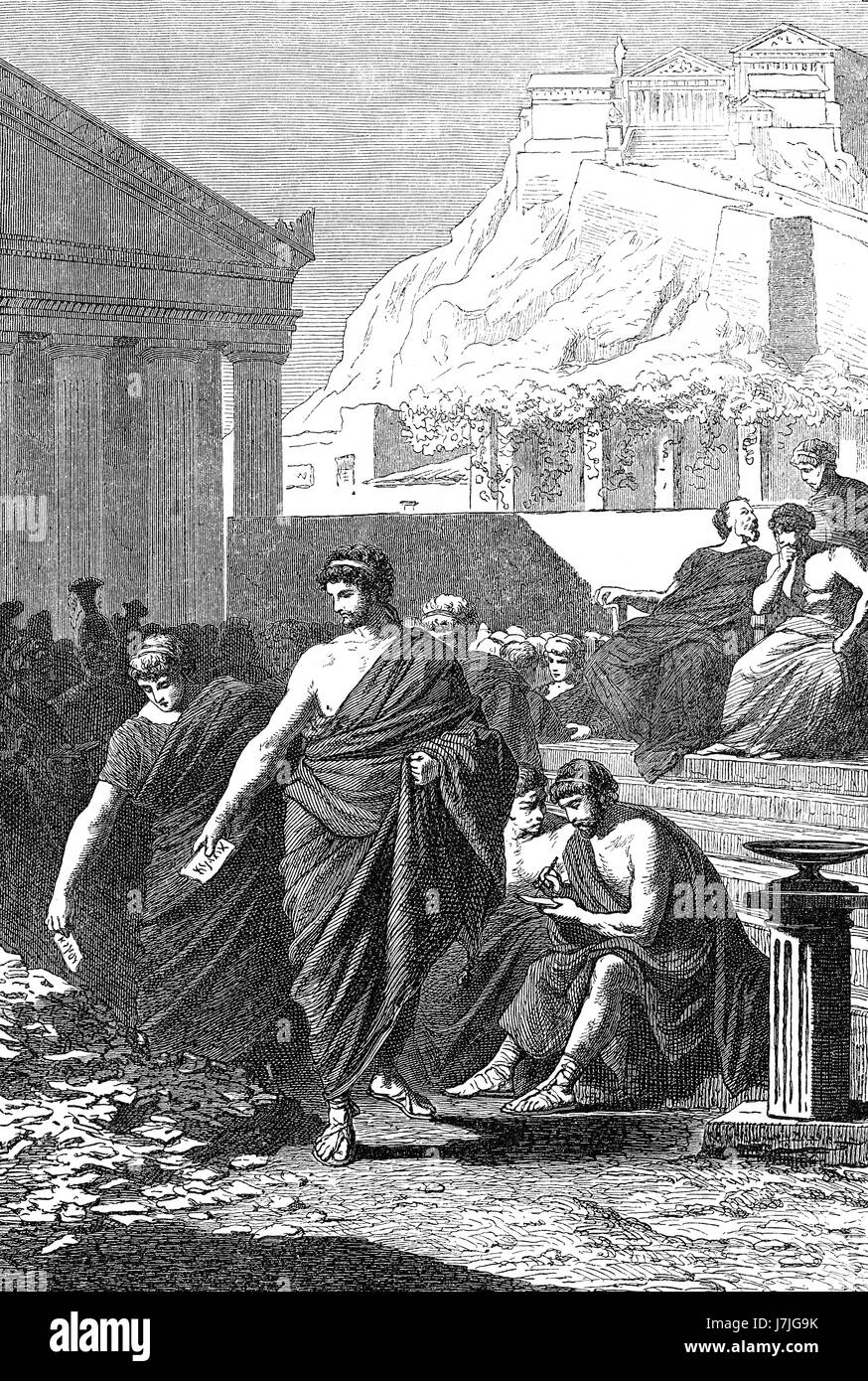 The ostracism of Aristides 530-468 BC, an ancient Athenian statesman Stock Photohttps://www.alamy.com/image-license-details/?v=1https://www.alamy.com/stock-photo-the-ostracism-of-aristides-530-468-bc-an-ancient-athenian-statesman-142393487.html
The ostracism of Aristides 530-468 BC, an ancient Athenian statesman Stock Photohttps://www.alamy.com/image-license-details/?v=1https://www.alamy.com/stock-photo-the-ostracism-of-aristides-530-468-bc-an-ancient-athenian-statesman-142393487.htmlRMJ7JG9K–The ostracism of Aristides 530-468 BC, an ancient Athenian statesman
 Old and new London : a narrative of its history, its people, and its places . f painting one of the frescoes,or been cheered under his disappointment bypopular support! Such was the mental condition of the unhappy OLD AND NEW LONDON. [Paddington. painter in the early part of the year 1846, whenthe so-called General Tom Thumb came toEngland. Haydon had then just finished a largepicture, on which he had long been engaged,The Banishment of Aristides. He hoped by itto redeem his fallen fortunes, and to reheve him-self of some of his debts, by exhibiting the picturein London. He engaged a room in t Stock Photohttps://www.alamy.com/image-license-details/?v=1https://www.alamy.com/old-and-new-london-a-narrative-of-its-history-its-people-and-its-places-f-painting-one-of-the-frescoesor-been-cheered-under-his-disappointment-bypopular-support!-such-was-the-mental-condition-of-the-unhappy-old-and-new-london-paddington-painter-in-the-early-part-of-the-year-1846-whenthe-so-called-general-tom-thumb-came-toengland-haydon-had-then-just-finished-a-largepicture-on-which-he-had-long-been-engagedthe-banishment-of-aristides-he-hoped-by-itto-redeem-his-fallen-fortunes-and-to-reheve-him-self-of-some-of-his-debts-by-exhibiting-the-picturein-london-he-engaged-a-room-in-t-image342853970.html
Old and new London : a narrative of its history, its people, and its places . f painting one of the frescoes,or been cheered under his disappointment bypopular support! Such was the mental condition of the unhappy OLD AND NEW LONDON. [Paddington. painter in the early part of the year 1846, whenthe so-called General Tom Thumb came toEngland. Haydon had then just finished a largepicture, on which he had long been engaged,The Banishment of Aristides. He hoped by itto redeem his fallen fortunes, and to reheve him-self of some of his debts, by exhibiting the picturein London. He engaged a room in t Stock Photohttps://www.alamy.com/image-license-details/?v=1https://www.alamy.com/old-and-new-london-a-narrative-of-its-history-its-people-and-its-places-f-painting-one-of-the-frescoesor-been-cheered-under-his-disappointment-bypopular-support!-such-was-the-mental-condition-of-the-unhappy-old-and-new-london-paddington-painter-in-the-early-part-of-the-year-1846-whenthe-so-called-general-tom-thumb-came-toengland-haydon-had-then-just-finished-a-largepicture-on-which-he-had-long-been-engagedthe-banishment-of-aristides-he-hoped-by-itto-redeem-his-fallen-fortunes-and-to-reheve-him-self-of-some-of-his-debts-by-exhibiting-the-picturein-london-he-engaged-a-room-in-t-image342853970.htmlRM2AWP9MJ–Old and new London : a narrative of its history, its people, and its places . f painting one of the frescoes,or been cheered under his disappointment bypopular support! Such was the mental condition of the unhappy OLD AND NEW LONDON. [Paddington. painter in the early part of the year 1846, whenthe so-called General Tom Thumb came toEngland. Haydon had then just finished a largepicture, on which he had long been engaged,The Banishment of Aristides. He hoped by itto redeem his fallen fortunes, and to reheve him-self of some of his debts, by exhibiting the picturein London. He engaged a room in t
 . The rulers of the Mediterranean. GREEK PEASANT MODERN ATHENS 189 hospital of /Esculapius. But he cannot restoreto the market-place that very human citizen whocast m his shell against Aristides because hewas aweary of hearing him called the Just; norcan either his games or his hospital bring backthe perfect figure and health of the men whosefigures and profiles have set the model for all. ALBANIAN PEASANT IN THE STREETS OF ATHENS time. He has, however, retained the Greek lan^guage, which is very creditable to him, as it is alanguage one learns only after much difficulty He even goes so far an Stock Photohttps://www.alamy.com/image-license-details/?v=1https://www.alamy.com/the-rulers-of-the-mediterranean-greek-peasant-modern-athens-189-hospital-of-esculapius-but-he-cannot-restoreto-the-market-place-that-very-human-citizen-whocast-m-his-shell-against-aristides-because-hewas-aweary-of-hearing-him-called-the-just-norcan-either-his-games-or-his-hospital-bring-backthe-perfect-figure-and-health-of-the-men-whosefigures-and-profiles-have-set-the-model-for-all-albanian-peasant-in-the-streets-of-athens-time-he-has-however-retained-the-greek-language-which-is-very-creditable-to-him-as-it-is-alanguage-one-learns-only-after-much-difficulty-he-even-goes-so-far-an-image336678864.html
. The rulers of the Mediterranean. GREEK PEASANT MODERN ATHENS 189 hospital of /Esculapius. But he cannot restoreto the market-place that very human citizen whocast m his shell against Aristides because hewas aweary of hearing him called the Just; norcan either his games or his hospital bring backthe perfect figure and health of the men whosefigures and profiles have set the model for all. ALBANIAN PEASANT IN THE STREETS OF ATHENS time. He has, however, retained the Greek lan^guage, which is very creditable to him, as it is alanguage one learns only after much difficulty He even goes so far an Stock Photohttps://www.alamy.com/image-license-details/?v=1https://www.alamy.com/the-rulers-of-the-mediterranean-greek-peasant-modern-athens-189-hospital-of-esculapius-but-he-cannot-restoreto-the-market-place-that-very-human-citizen-whocast-m-his-shell-against-aristides-because-hewas-aweary-of-hearing-him-called-the-just-norcan-either-his-games-or-his-hospital-bring-backthe-perfect-figure-and-health-of-the-men-whosefigures-and-profiles-have-set-the-model-for-all-albanian-peasant-in-the-streets-of-athens-time-he-has-however-retained-the-greek-language-which-is-very-creditable-to-him-as-it-is-alanguage-one-learns-only-after-much-difficulty-he-even-goes-so-far-an-image336678864.htmlRM2AFN194–. The rulers of the Mediterranean. GREEK PEASANT MODERN ATHENS 189 hospital of /Esculapius. But he cannot restoreto the market-place that very human citizen whocast m his shell against Aristides because hewas aweary of hearing him called the Just; norcan either his games or his hospital bring backthe perfect figure and health of the men whosefigures and profiles have set the model for all. ALBANIAN PEASANT IN THE STREETS OF ATHENS time. He has, however, retained the Greek lan^guage, which is very creditable to him, as it is alanguage one learns only after much difficulty He even goes so far an